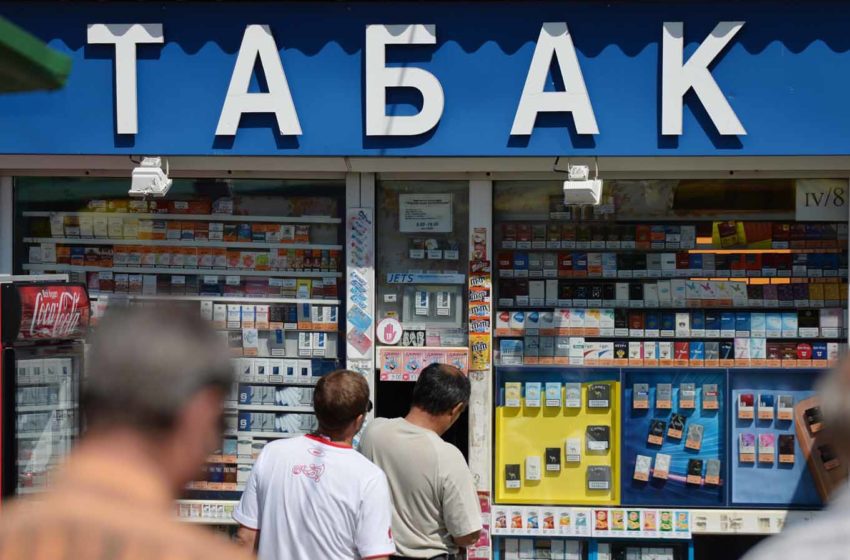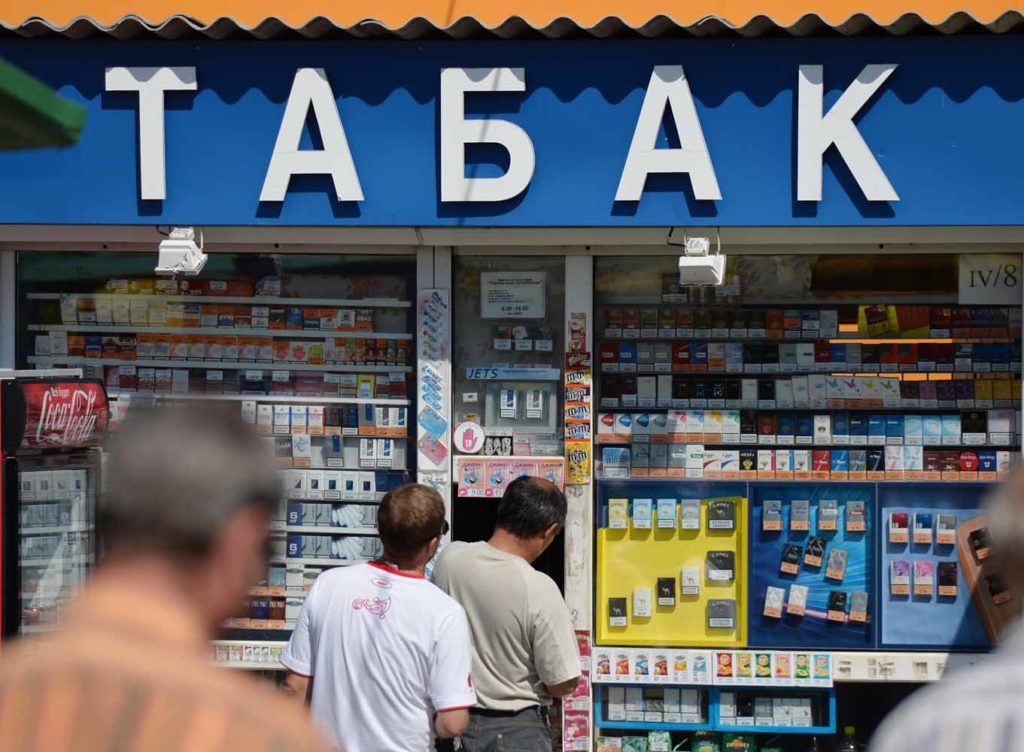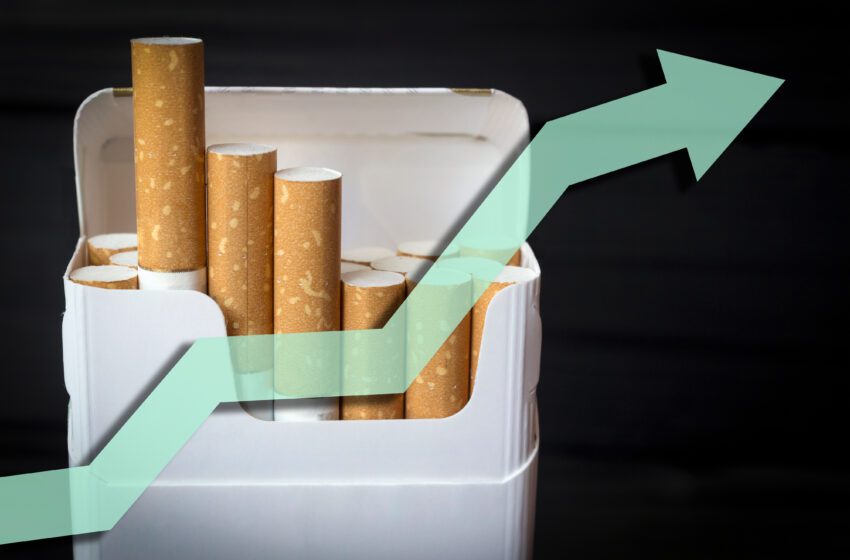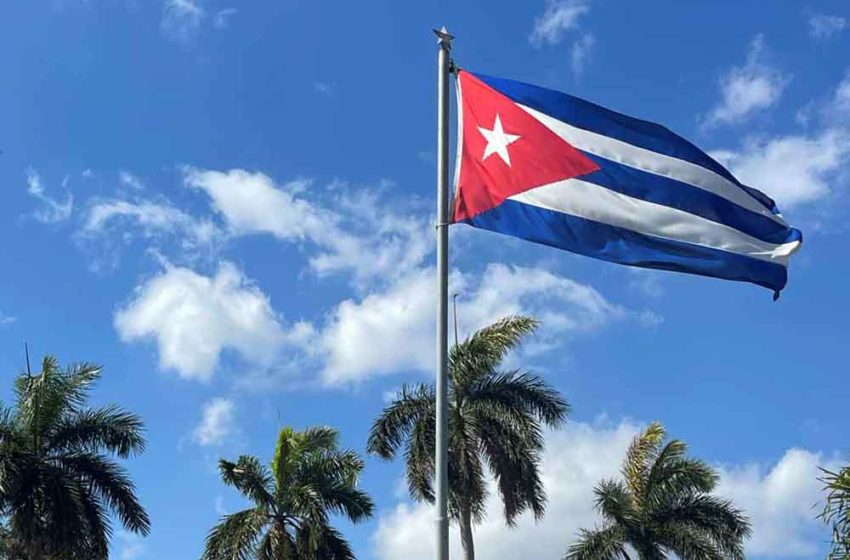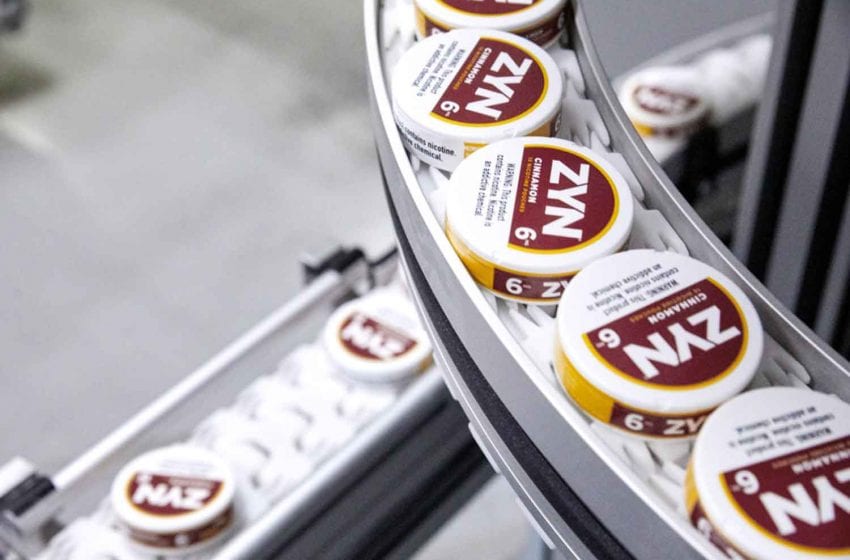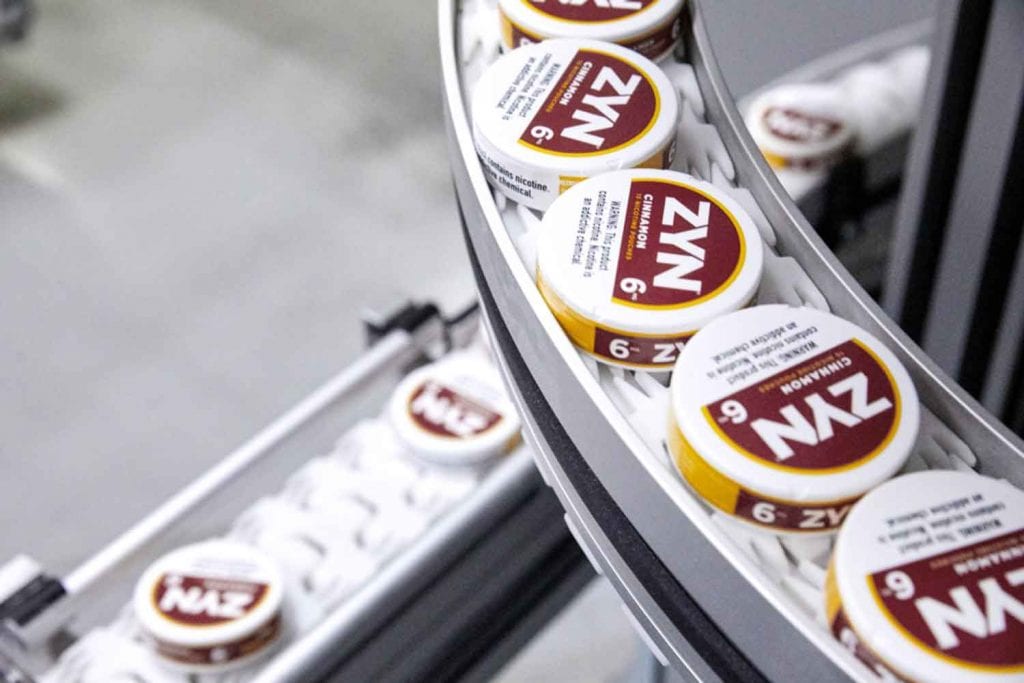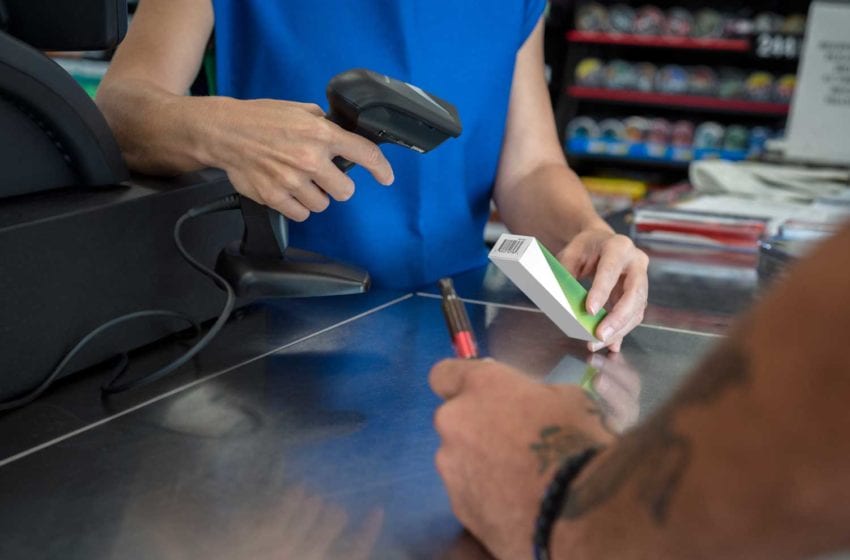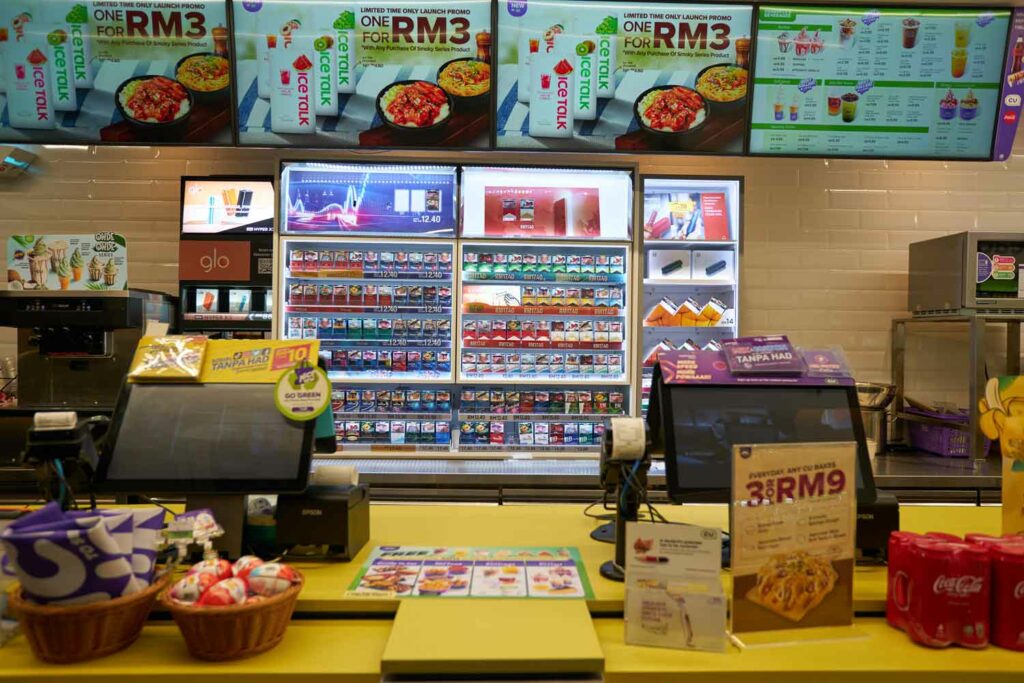
The Federation of Sundry Goods Merchants Associations of Malaysia (FSGMA) has asked the government to postpone a ban on displaying tobacco products at retail outlets, reports The Star.
The Control of Smoking Products for Public Health Act 2024 requires sellers to store tobacco products out of view starting April 1, 2025. The FSGMA has calculated that implementing the ban could cost its members up to MYR300 million ($70 million).
“Each store will have to invest significant resources into making physical modifications to hide these products from customers, but the government has not offered financial assistance or a phased rollout,” said FSGMA President Hong Chee Meng.
The organization reckons each retailer would incur up to MYR6,000 to comply with the display ban, putting financial strain especially on small, family-run businesses.
Hong said the association is also concerned that the display ban will encourage the rise of illegal cigarettes and vape products as legitimate products will be hidden from view. What’s more, according to Hong, the lack of clear instructions has left retailers unsure about how to implement the ban.
“Many have raised concerns about the need for additional staff to manage concealed products and the potential disruption to customer service,” he said. “Retailers deserve to know how to comply, and we deserve time and support to implement these changes.”


